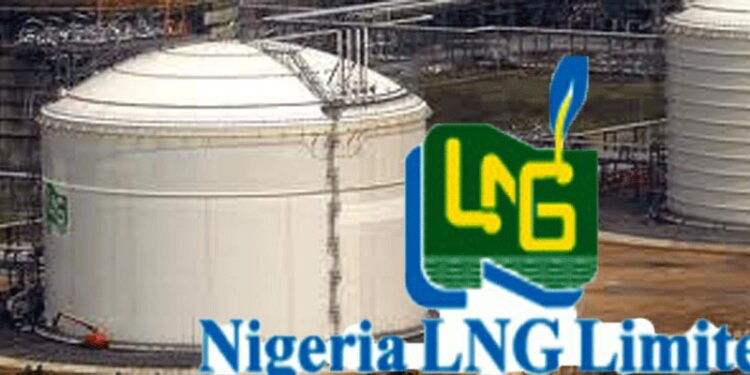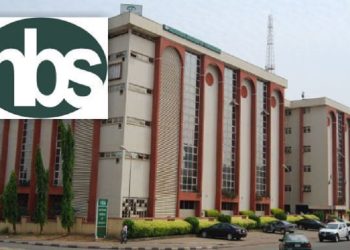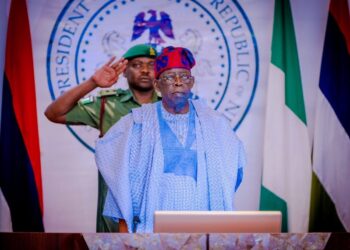In a bid to address Nigeria’s acute foreign exchange shortage, the government is in talks with banks to securitize five years of dividends from the Nigerian LNG Limited (NLNG), aiming to raise $7 billion. While this move is anticipated to inject much-needed dollars into the economy, challenges may delay its quick execution.
Financial Infusion Facing Hurdles:
Foreign bankers and investors caution that the process might not be swift, estimating at least a four-to-five-week period before securing the expected funds. The proposed terms for the deal with Standard Chartered Bank are yet to be finalized, adding to the delay.
Potential Drawbacks and Uncertainties:
This financial maneuver involves leveraging future NLNG dividends over five years to access immediate funds, indicating a concern over funding government obligations during this period without the expected dividends. Questions arise on how the country will manage in the absence of these crucial dividend payments, reflecting potential risks and uncertainties in the plan.
Market Response and Currency Fluctuations:
The report of the dividend securitization plan triggered a positive market response, leading to an initial naira appreciation against the dollar. However, concerns persist about the long-term implications of leveraging future cash flows and increasing the nation’s loan stock.
Challenges in Alternative Schemes:
Despite plans for an oil-for-dollars scheme with NNPC to receive $3 billion from Afreximbank, delays in securing investor interest indicate challenges in alternate financial arrangements to address the foreign exchange shortage.
The move to securitize NLNG dividends represents the government’s efforts to alleviate the severe foreign exchange shortfall but also raises questions about managing future debt and sustainability. While offering immediate relief, it prompts debate over the implications and long-term economic strategies in Nigeria’s financial landscape.










